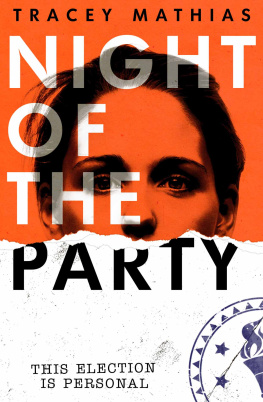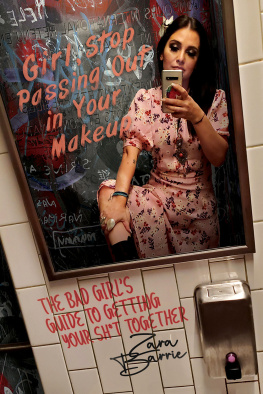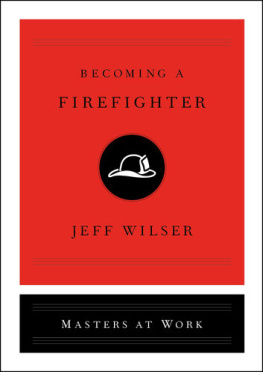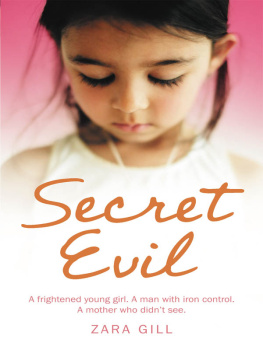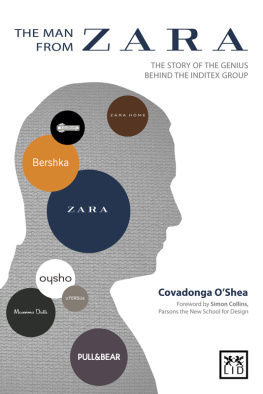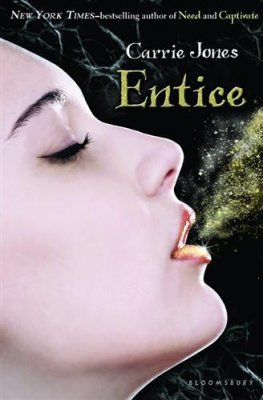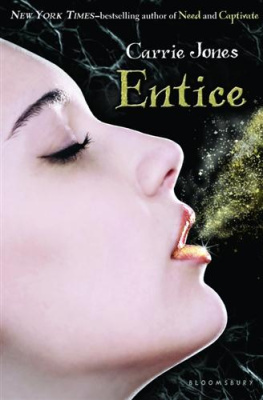

Scholastic Childrens Books
An imprint of Scholastic Ltd
Euston House, 24 Eversholt Street, London, NW11DB, UK
Registered office: Westfield Road, Southam, Warwickshire, CV47 0RA
SCHOLASTIC and associated logos are trademarks and or
registered trademarks of Scholastic Inc.
First published in the UK by Scholastic Ltd, 2018
This electronic edition published by Scholastic Ltd, 2018
Text copyright Tracey Mathias, 2018
The right of Tracey Mathias to be identified as the author of this work has been asserted by her.
eISBN 978 1407 18819 5
A CIP catalogue record for this work is available from the British Library.
All rights reserved under International and Pan-American Copyright Conventions. By payment of the
required fees, you have been granted the non-exclusive, non-transferable right to access and read
the text of this e-book on-screen. No part of this text may be reproduced, transmitted, downloaded,
decompiled, reverse engineered, or stored in or introduced into any information storage and
retrieval system, in any form or by any means, whether electronic or mechanical, now known or
hereinafter invented, without the express written permission of Scholastic Limited.
Produced in India by Newgen
This is a work of fiction. Names, characters, places, incidents and dialogues
are products of the authors imagination or are used fictitiously. Any resemblance
to actual people, living or dead, events or locales is entirely coincidental.
www.scholastic.co.uk
for Cate
The Immigration and Residency Act
From Wikipedia, the free encyclopedia
The 20 Immigration and Residency bill was brought before Parliament in late 20 and became law with the passing of the Act the following August. It brought into force the British Born policy which the Party had proposed in its manifesto during the general election of 20. Broadly, the law prescribes that anyone not born in the UK who has been resident for fewer than twenty-five years has no automatic right to remain.
Everyone in this category was required to report to the new National Agency (NA) for assessment after the passing of the Act. Assessment was based on a points system which considered criteria such as employment record and income level, history of benefits claimed, fluency in English, criminal convictions, property ownership, professional qualifications and technical skills etc. About twenty percent of those assessed were permitted to stay, while the remaining eighty percent have mostly been repatriated. An unknown number absconded and remain in the UK illegally, running the risk of arrest, confiscation of cash and other property, and forced deportation. UK citizens have a legal obligation to report illegals to the NA.
CHAPTER ONE

Hey Soph,
Its 12 December. Almost the end of term. I should be in school but Miss Ds off sick so Philosophy was cancelled and the others were arsing around Blu-tacking balloons and tinsel to the common-room ceiling. I couldnt be bothered. Checked out, went for a walk, ended up at the South Bank. Wrote an essay. Did some maths. Do you know its possible to prove that infinity minus infinity equals pi?
Had my interview this week. Uni starts in 292 days. Just over 25 million seconds. If I get an offer. If I get the grades.
The Xmas markets up. Remember? All those overpriced stalls along the river? You used to love it.
I should go.
A.
He deletes the letter, empties the recycle bin, packs his laptop away, swallows the last mouthful of cold coffee. The cups left intersecting rings of moisture on the table, a Venn diagram of empty sets. He wipes it clean with his hand, finds a philosophy lecture on his phone, jams his headphones in and heads outside.
Its nearly dark; the huge, projected images on the buildings across the river are already on: the right-angles of the English cross alternating with the curled flames of the Party torch. The images flicker, break up, go off, and come on again.
The voice in his ears asks if its possible to prove that anything exists outside his mind.
It bloody better.
Everything thats happened in the last sixteen months (approximately 41,500,000 seconds)? He doesnt want to have invented all that; doesnt want to be stuck in the kind of mind that could invent it.
Hes lost track of the talk. He clicks it off, hurries across the bridge and down into the station; when he reaches the platform, his trains pulling out. He studies the posters on the far side of the track (the usual government announcements; ads for yet another Second World War movie), glances at the headline in an abandoned newspaper on a bench (Lucky for some? PM confirms 13 February General Election), paces to the end of the platform.
When the tube comes, he gets into the last carriage, drops into the third seat on the right, restarts the philosophy talk and stares at the floor, trying to concentrate. The train judders and stops, judders and stops. The shiny shoes opposite him get off, are replaced by a pair of running shoes.
Proper running shoes, with cushioned and engineered soles, worn and scuffed like theyve done hundreds of miles. He glances up. The girl wearing them has long dark hair that hides her face; shes reading, her book balanced on the backpack on her lap. Shes wearing baggy grey tracksuit bottoms, cuffed at the ankle, and a navy-blue waterproof jacket: the sort that rolls up into its own pocket. Lightweight jacket, small backpack, trackie bottoms, trainers: she looks like shes ready to run.
The train slows into Camden Town. She stands, hesitates, and sits again; as she does she looks straight at him. Her face is pale, serious; she has dark eyes that lock on his. He blushes and ducks his head. The doors slide shut, the train jerks forward, picks up speed. Two minutes to the next stop. He counts down from 120 seconds. At 77 the lights flicker off, on, off again. The train slows, and stops.
Theyll get going again in a minute.
He counts again, forward this time.
At 200 nothings happened. The trains still stuck, the lights are still out; itd be totally dark if people didnt have their phones out, making little blocks of white light along the carriage. Someone says bloody London Transport. Couldnt organize a piss-up in a brewery. A few people laugh. A kid starts to cry.
The train doesnt move.
Itll be another blackout.
Probably.
He looks across the aisle at the girl. The man next to her is looking at his phone, and its glimmer bleaches her face and makes dark hollows of her eyes. Shes scared, he thinks. He switches on the torch on his phone, and leans towards her.
You OK? Its only a blackout. (Probably)
I know. Its just Im late.
He nods down at her trainers. Youd have been quicker running.
Yeah. Probably. She meets his eyes briefly, with a fleeting smile.
He wants to keep talking to her. Whats the book? he asks and she tilts it towards him so he can read the title. Four Quartets. T S Eliot. Poetry. He gave Sophie a book of poems once Poems on the Underground, he says. Dont see a lot of those nowadays.
Its a pathetic joke, but she smiles again. She lays one hand lightly on the books cover. Have you read it?
Next page
